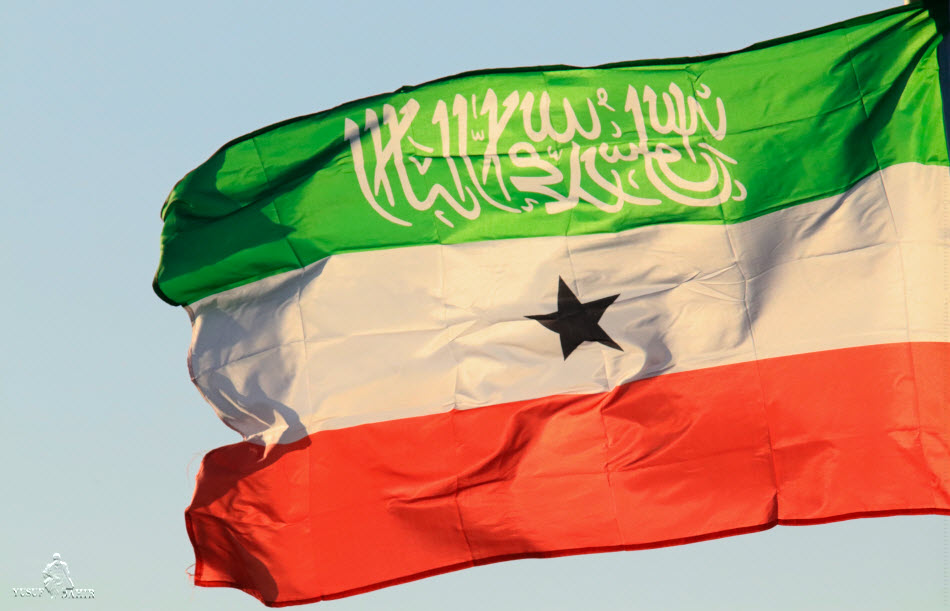

A report by Joshua Meservey who is a Senior Policy Analyst for Africa and the Middle East in the Douglas
and Sarah Allison Center for Foreign Policy, explains why the U.S should consider recognizing Somaliland.
The report begins by ellaborating on how the autonomous territory of Somaliland sits
in one of Earth’s most strategically import-
ant areas. Yet the influence Beijing has built,
particularly in Djibouti, threatens the U.S.’s ability to defend its interests there.
Recognizing Somaliland would let the U.S. build a partnership with the territory that would give Washington a hedge against
further deterioration of its position in Djibouti. Recognizing Somaliland would also affirm American support for democracy by rewarding the territory’s tenacious, though still-developing, 30-year-old home-grown democracy.
It would as well allow Washington to provide the type of unfettered support for democracy-building activities in
Somaliland that it cannot currently provide because of constraints imposed
by the federal government of Somalia.
He further explains how Somaliland is also an area of relative calm that offers the U.S. an opportunity to work with an advanta-
geously positioned partner that carries few of the risks and constraints that
undermine Washington’s efforts elsewhere in the region.
Somaliland is also unique in Africa because it has successfully operated autonomously for 30 years, has a critical mass
of the attributes of statehood, was once independent, and wishes to revert
to that status within colonial-era borders, the standard the African Union uses to determine statehood.
Independence would free Somaliland from the drag of association
with southern Somalia. It would also deliver the justice of honoring the
strongly and consistently held aspirations for independence of millions of
Somalilanders.
In conclusion, he says that recognizing the fact of Somaliland’s independence would bring sig-nificant benefits to the U.S. with few and manageable downsides. As the
U.S.–China competition grows more intense, recognizing Somaliland would be a proactive way for the U.S. to defend its interests in Africa, a continent that provides significant aid to Beijing’s international agenda, often to Washington’s detriment.
Recognition would also boost the U.S.’s democracy agenda by rewarding a
government and its people who have lived a sincere commitment to democ-racy for three decades and enable Washington to offer unfettered support to help them further develop representative government.
Finally, it would be just to reward the millions of Somalilanders who, in their wish to have true and total independence against heavy odds, built a de facto country that is
largely democratic—and at peace.
more recommended stories
 Somaliland Presidency Delivers 10 Vital Dialysis Machines to Hargeisa Group Hospital
Somaliland Presidency Delivers 10 Vital Dialysis Machines to Hargeisa Group HospitalHargeisa – Somaliland – The President.
 Electricity Without Accountability: Public Outrage Grows in Burao Electricity Debate
Electricity Without Accountability: Public Outrage Grows in Burao Electricity DebateHigh electricity costs in Burao have.
 The Imminent Collapse of SSC-Khaatumo: A Militia Administration at the Brink of Extinction
The Imminent Collapse of SSC-Khaatumo: A Militia Administration at the Brink of ExtinctionSSC-Khaatumo, the eastern Sool region administration,.
 Somaliland President Meets UK Diplomats to Discuss Future Cooperation and Investment Opportunities
Somaliland President Meets UK Diplomats to Discuss Future Cooperation and Investment OpportunitiesPresident Cirro Meets Outgoing and Incoming.

